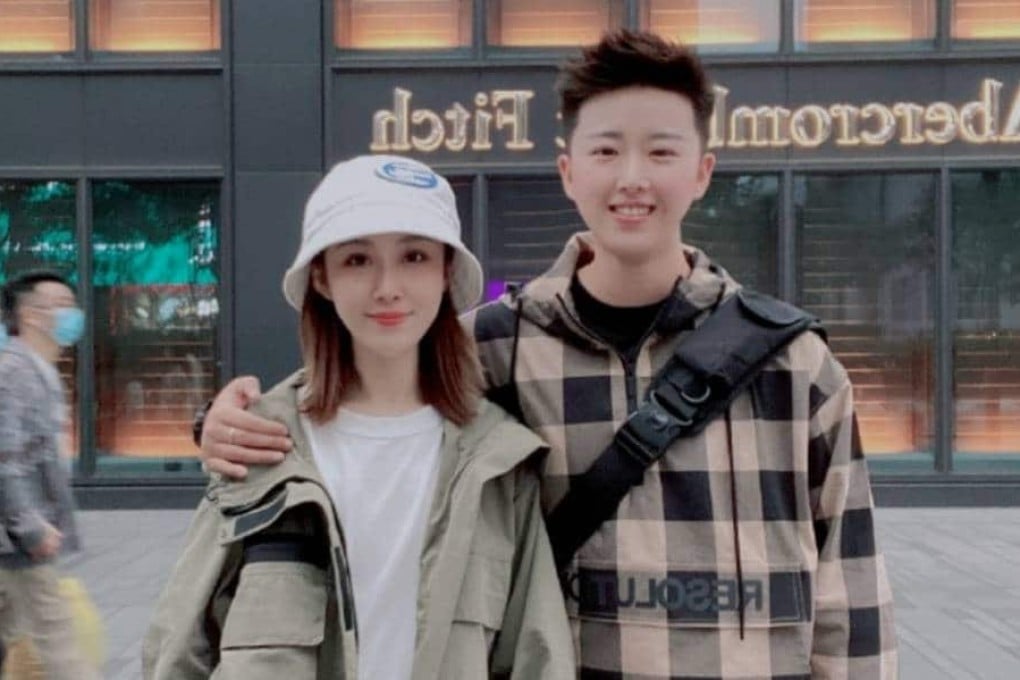Advertisement
As Winter Olympics approach, where are China’s gay athletes? Beijing 2022 set to be a barometer for Games’ progress
- Government’s recent crackdown on LGBT representation has raised concerns whether inclusivity promoted at previous Games will continue
- Pressure against LGBT expression, from social media bans to laws prohibiting ‘sissy idols’, poses potential red flag for athletes
Reading Time:5 minutes
Why you can trust SCMP
3

Before she became Belgium’s first Winter Olympian in the sport of skeleton, Kim Meylemans came out as gay.
“Being true to myself, instead of hiding or changing who I am, improved my sport performance,” Meylemans told Out For The Win, a non-profit she serves that shares the stories of LGBT athletes.
“Hiding your true colours takes a lot of energy and I decided to use my energy for my sport instead.”
Advertisement
Meylemans will compete in the Beijing 2022 Winter Olympics, where she will be one of several out, or publicly LGBT, athletes taking part in February.

Out athletes have been increasing in number over recent Olympic Games, according to figures compiled by the LGBT blog OutSports, indicating a gradual rise in the representation of sexual minorities.
Advertisement
The 2020 Tokyo Summer Olympics featured 186 out athletes, almost triple the 56 at the 2016 Games in Rio, with 23 at the 2012 Games in London.
Advertisement
Select Voice
Choose your listening speed
Get through articles 2x faster
1.25x
250 WPM
Slow
Average
Fast
1.25x